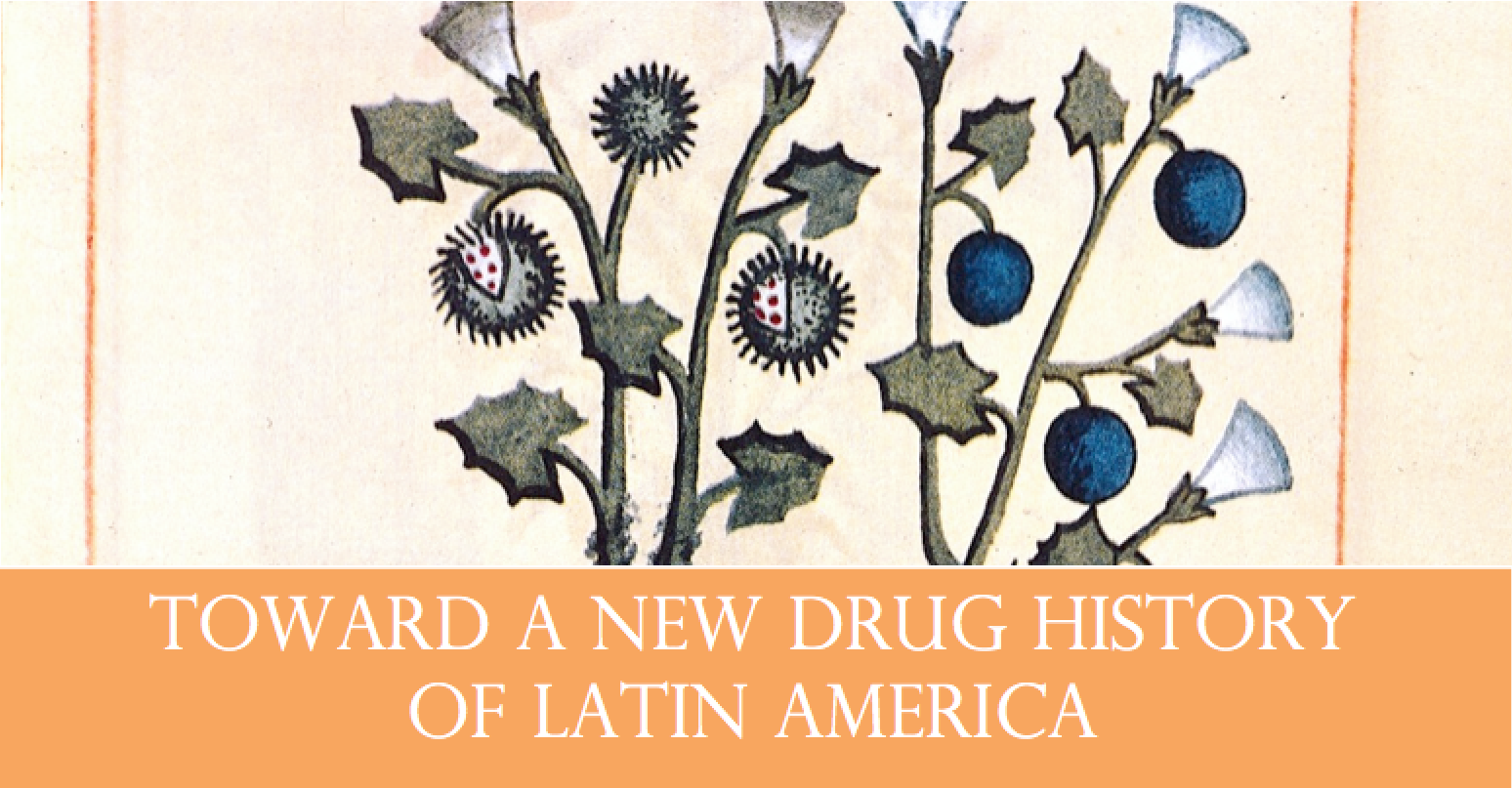Open Forum on Archives and Access: The DFS Controversy
Curated by Jocelyn Olcott and Sean Mannion, Duke University Ever since their opening to the public in 2002, the archives of the Dirección Federal de Seguridad (DFS) have proven to be both an invaluable trove for researchers and a political lightning rod. In January of this year, new restrictions on access to this source were announced, threatening a burgeoning historiography on Mexico’s dirty war and on the country’s social and political movements from the 1950s to the 1980s, in …
Open Forum on Archives and Access: The DFS Controversy Read more »


